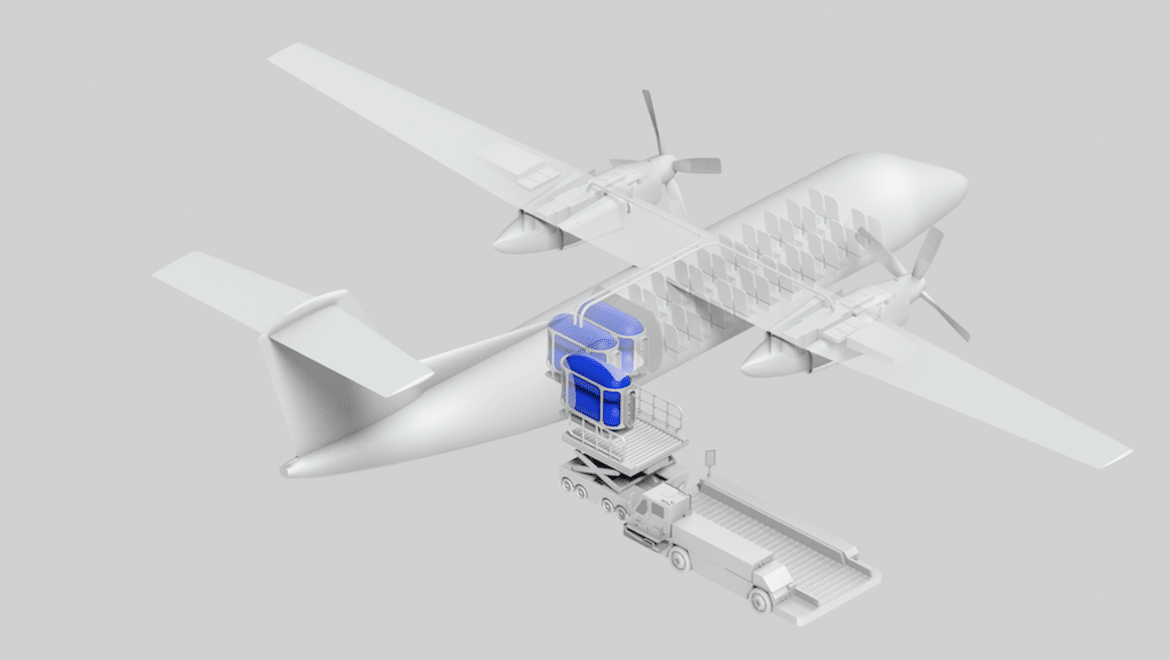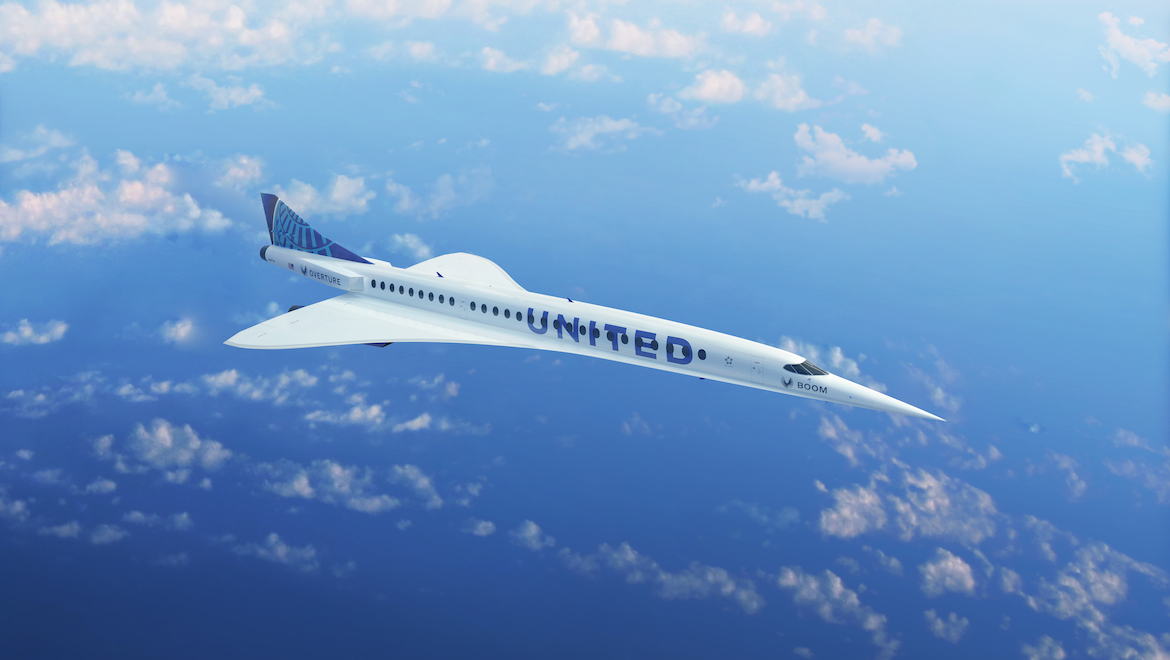
The European Commission’s Green Deal yesterday proposed two core policies which impact on the aviation industry – higher offsets of emissions and reduced trading carbon allowances.

Universal Hydrogen is set to announce preliminary deals with airlines such as Icelandair and Air Nostrum to introduce hydrogen capsules to replace existing turboprop systems by 2025.

In this cross-posting with The Conversation, atmospheric science professor David Simon Lee discusses how, and which, alternative fuels can help reduce CO2 emissions in aviation. While aviation accounts for 2.4 per cent of all emissions from fossil fuel use globally, two-thirds of the sector’s warming effect depends on something other than its CO₂ emissions. And

Airbus has announced it will accelerate its development of environmentally friendly aircraft by opening two centres to test and manufacture LH2 (liquid hydrogen) tank structures.

California-based start-up Archer Aviation has unveiled its newest ‘air taxi’ named Maker, a demonstrator version of its future full-sized electric vertical take-off and landing (eVTOL) aircraft. Maker was unveiled at a hybrid live and live-streamed event in Los Angeles on Thursday evening, and included an XR digitally immersive simulation of what the experience of flying

United Airlines has announced a new deal struck with Denver-based Boom Supersonic for the purchase of 15 of its supersonic commercial passenger jets, in a deal worth over US$3 billion. The penned deal will see United Airlines welcome 15 Boom ‘Overture’ passenger aircraft, once certified and operational, with an option to take on an additional




